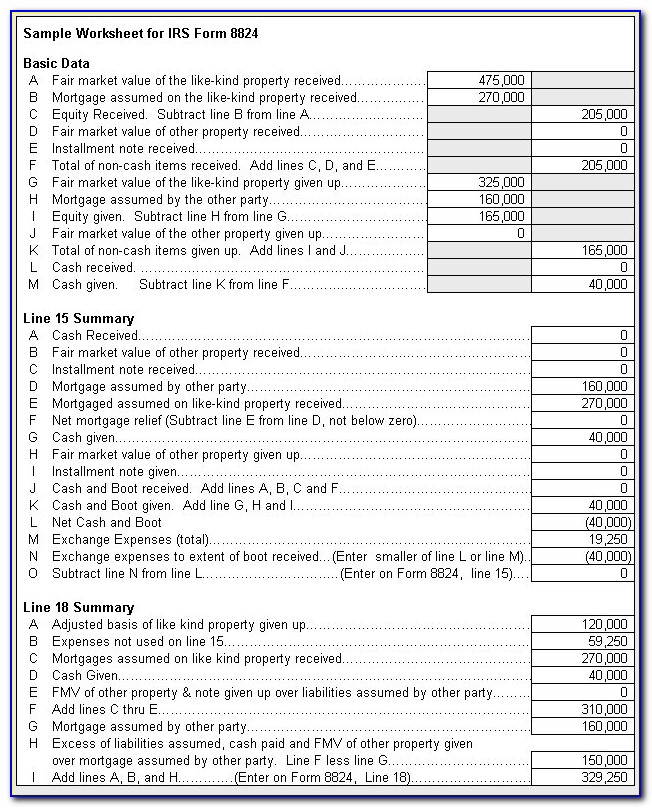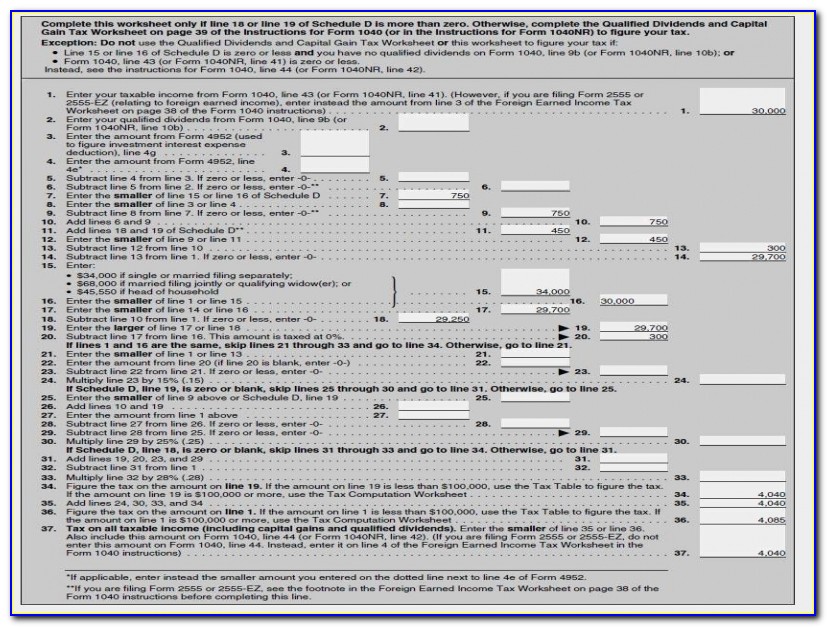


If you invested $60,000 into remodeling your home a few years later, you would add that to your cost basis as well, for a total of $378,000. If the closing costs came to $18,000, then your cost basis would rise to $318,000. The cost basis represents your investment in a piece of property, including both the original price and any upgrades or repairs you may have made.įor example, if you bought a home for $300,000, that would be your original cost basis. Determine the Cost Basis of the Assetīefore you can figure out your foreign capital gain tax (or loss), you will first need to know what the cost basis for the asset is.
#IRS EXCHANGE RATES HOW TO#
How to Calculate Your Capital Gain or Loss 1. (However, capital gains cannot be offset using the Foreign Earned Income Exclusion, as the gains are not considered “earned” income, which is a requirement to utilize this exclusion.)īy using the Foreign Tax Credit, you can protect yourself from double taxation by deducting the taxes you paid to a foreign government from your US tax bill. The Foreign Tax Credit is a dollar-for-dollar reduction in your US taxes using taxes paid to a foreign country on the same income. US expats can utilize the Foreign Tax Credit to offset capital gains taxes by leveraging the tax relief provision that allows US taxpayers who have paid foreign taxes on their income, including capital gains from the sale of foreign property, to offset their US tax liability with the amount of foreign taxes paid. Of course, this could create a risk for double taxation-being taxed twice for the same capital gain, once by the US and again by a foreign government. Foreign Tax CreditĪs an American living abroad, you may be required to pay a capital gains tax to a foreign government when selling a foreign property.
#IRS EXCHANGE RATES PROFESSIONAL#
A tax professional can help you determine the right course of action for your specific situation.
However, there are exceptions to this rule.
#IRS EXCHANGE RATES FULL#
If the home does not meet this standard, you will generally have to pay the full capital gains tax. However, if you decide next year to sell your beach house, you won’t be able to exclude the capital gain from the sale again.įor a home to qualify as your primary residence, you must have lived in it for at least two out of the previous five years. For example, if you sell your current home and buy a beach house, you can exclude the gain from your current home. You can generally only use this exclusion once every two years. If you are selling your primary residence, you can automatically exclude all capital gains up to a maximum of $250,000 if filing as single, or $500,000 if you file as married filing jointly. The two most common are the Primary Residence Exclusion and the Foreign Tax Credit. However, while all capital gains are taxable in theory, the IRS does provide certain exclusions and credits you may be able to use to avoid paying the tax. The same would be true if you sold a home in Italy. This is true regardless of whether you are selling US property or foreign property.įor example, if you sold a rental property in Florida and received a capital gain, that gain is taxable. Technically, all capital gains made by a US citizen are taxable. Do Expats Have to Pay a Capital Gains Tax?ĭepending on the details of the sale, an expat may or may not have to pay a capital gains tax. In most cases, the rate for this tax ranges from 15%–20% based on your income level. The US government taxes these capital gains under the capital gains tax.

Generally, any time you sell an asset for more than you bought it, that counts as a capital gain. We will cover this in more detail below.Ĭapital gains and losses can apply to the sale of a wide variety of property and investments, such as: For example, you can use any improvements or repairs done to an asset to offset the capital gain amount. The actual calculations for determining a capital gain or loss are more complex. This is simply a brief summary of the concept of a capital gains tax.


 0 kommentar(er)
0 kommentar(er)
